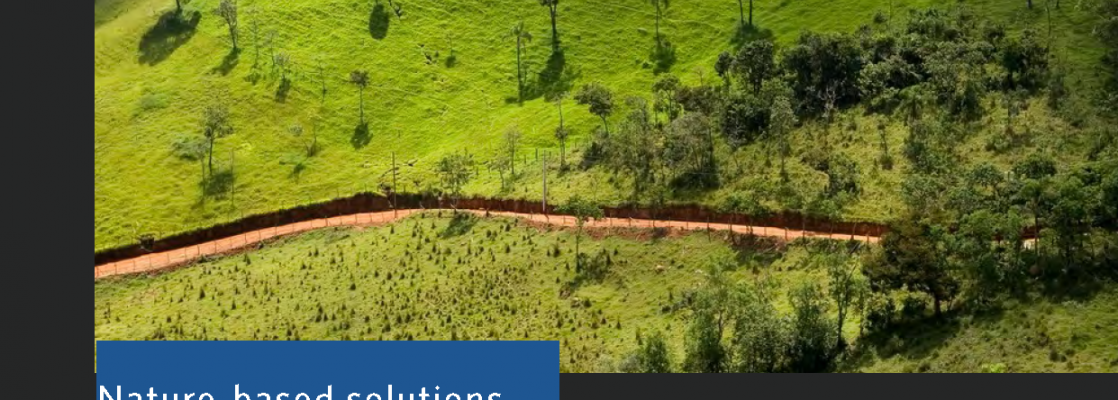Today, the global food system drives a ten trillion-dollar economy that connects 7.5 billion consumers and a diverse array of more than 1 billion food producers (farmers, ranchers, pastoralists, and fish harvesters). Approximately one-half of the world’s habitable lands are used for agriculture (Ritchie, 2019). Not surprisingly, the food production system has a massive impact on our planet.
As we look to the future, global food demand is set to increase 50%, including a 70% increase in protein demand by 2050 (OECD and FAO, 2018). Any solution to our challenges around climate, conservation and human well-being will need to involve a transition in the way we produce food and fiber. Agriculture can begin to use Nature-based Solutions (NbS) to reduce environmental impacts and, in some cases, enhance agricultural productivity. But in order to realize the full potential of Ag NbS to have a positive impact on these problems, we need new ways to fund them that are commensurate with the scale of the opportunities.
Available downloads
Nature-based Solutions in agriculture: The case and pathway for adoption
By E. Hallstein and T. Iseman, Published by Food and Agriculture Organization of the United Nations and The Nature Conservancy, Virginia, 2021


